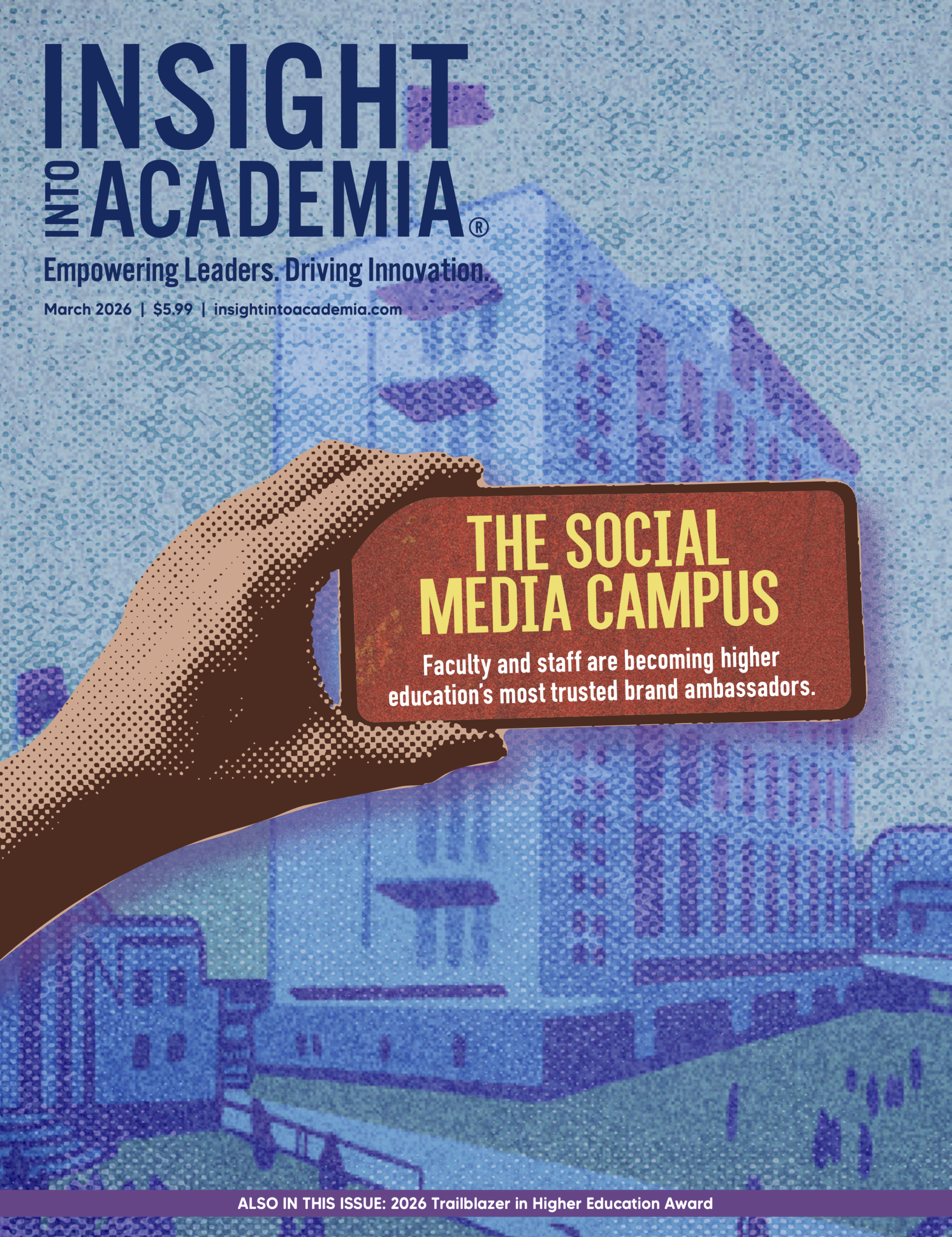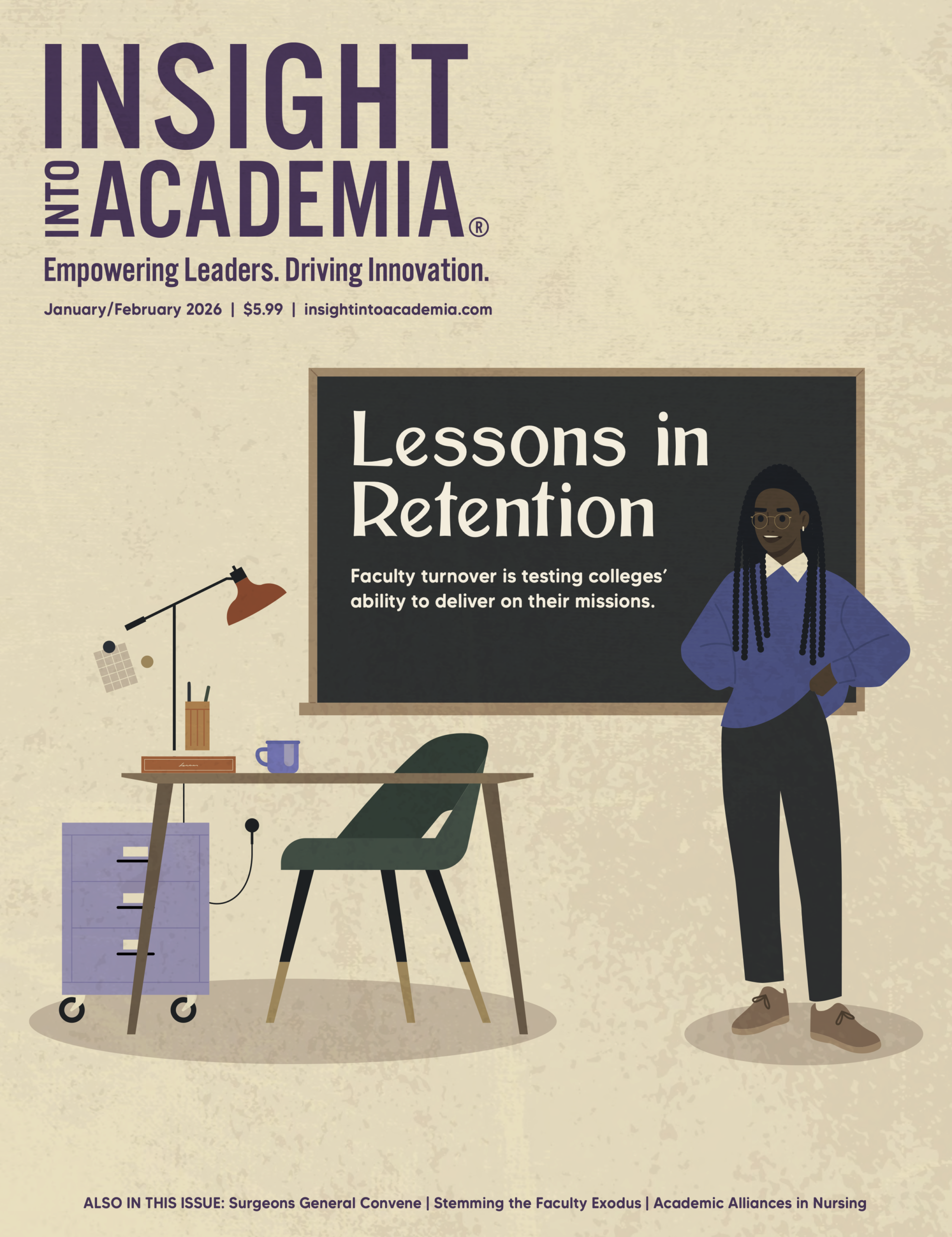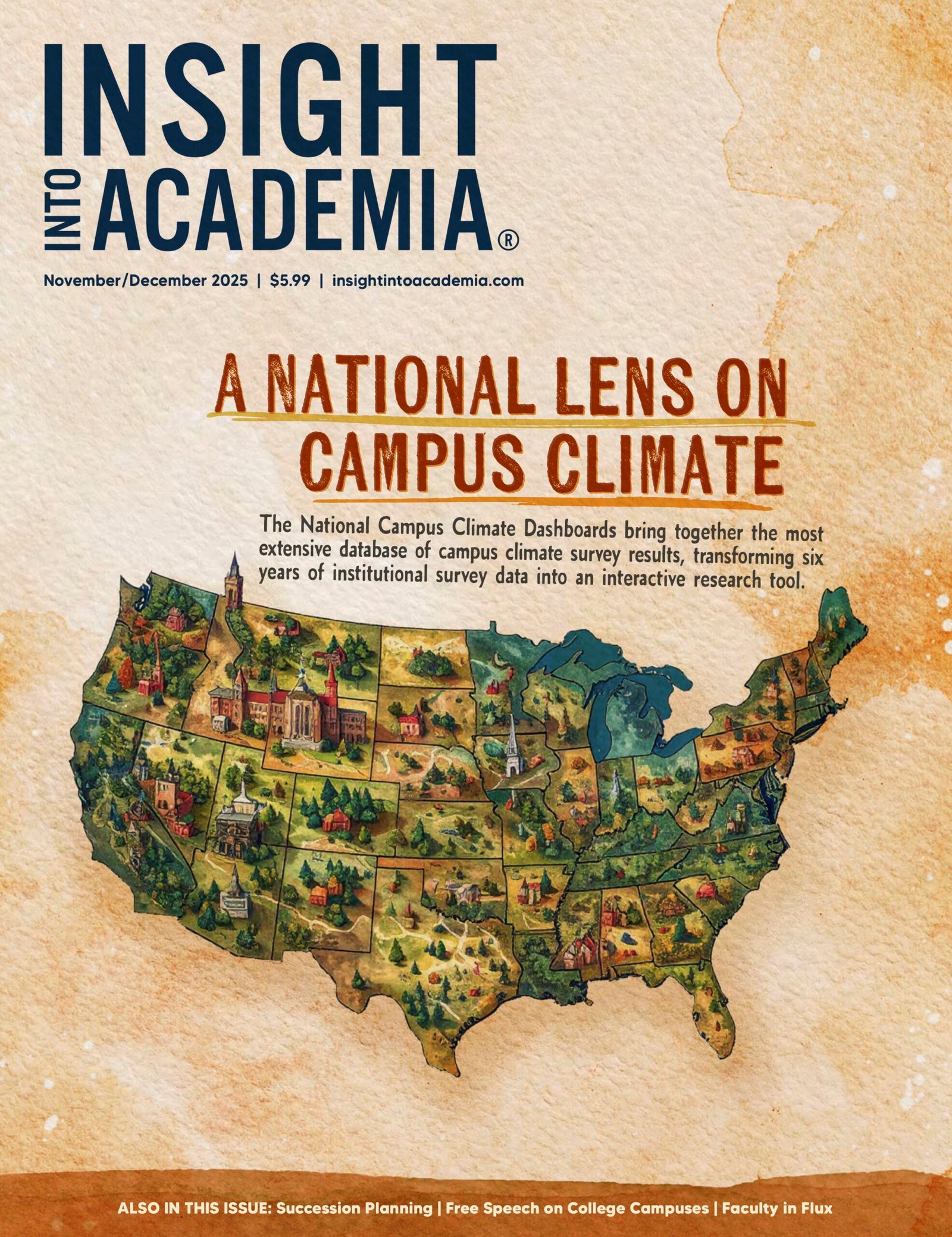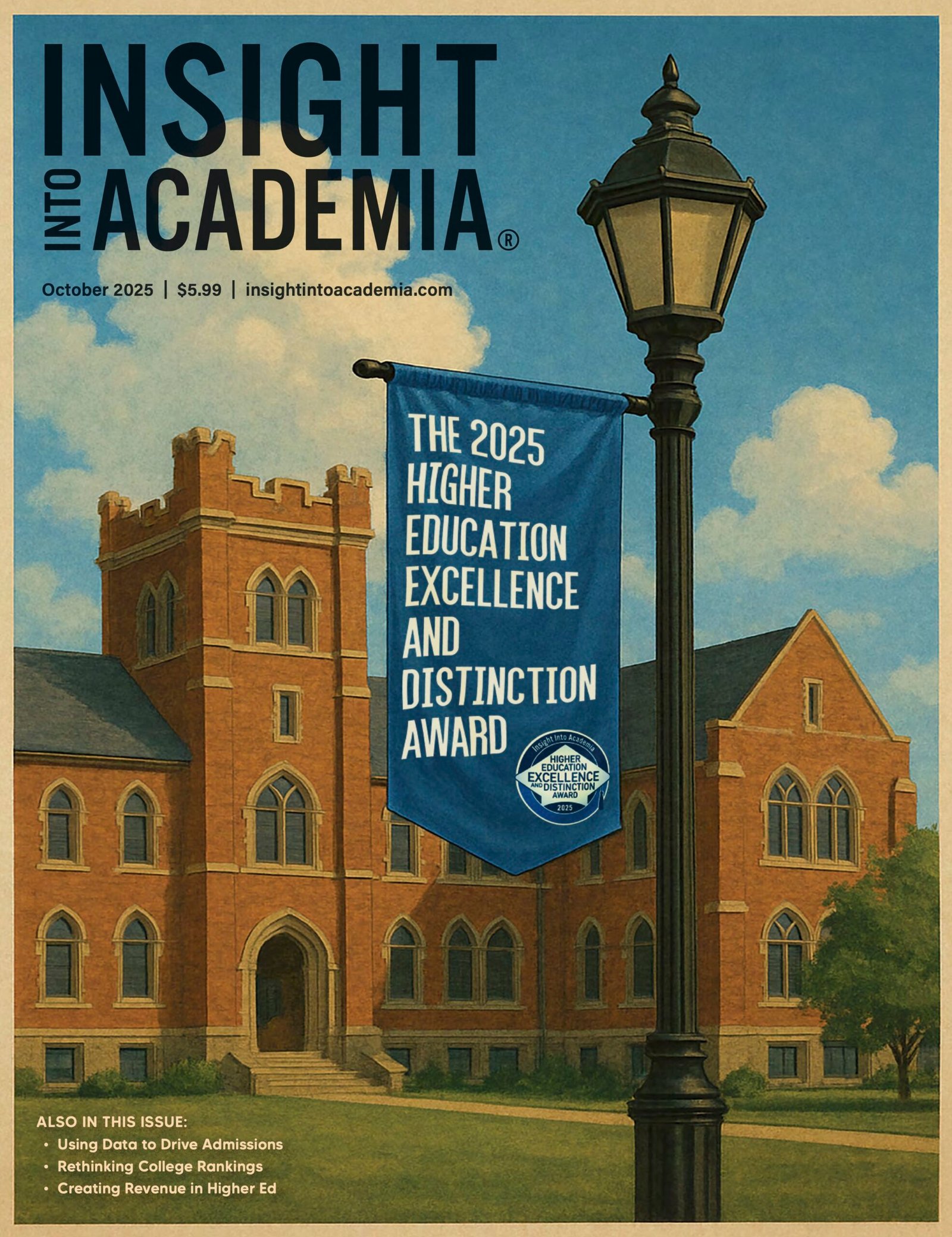Historically Black Colleges and Universities (HBCUs) are experiencing a period of expansion, with new programs and campuses being developed across the country as the number of applicants has increased for the second and third straight years.
Morgan State University, for example, has reported a record number of new students, while North Carolina A&T State University, Howard University, Wilberforce University, and University of Maryland Eastern Shore, among others, have also seen surging enrollment.
This growth reflects an increasing demand for higher education tailored to the Black community, amplified recruitment and retention efforts, innovative strategies to serve these student populations, and an increase in funding through federal and philanthropic avenues. The Supreme Court’s decision last June to discontinue the consideration of race in college admissions may also be contributing to this influx.
To accommodate this increase in student population and their needs, some HBCUs are also expanding their offerings. One prominent example is at Xavier University of Louisiana, which recently signed a partnership with Ochsner Medical Center to establish the first HBCU medical school in the Gulf South, Xavier Ochsner School of Medicine (EXOCOM). Their next step is to seek accreditation.
This initiative marks a significant milestone as it aims to address the underrepresentation of Black professionals in the medical field by enrolling and graduating more Black doctors and health care providers, thereby furthering the decrease in health inequalities in the region.
Alabama A&M University is also making meaningful strides by offering $52 million to procure the now-defunct Birmingham-Southern College property for use as a satellite campus.
If accepted, this would expand Alabama A&M’s footprint in the state and create new opportunities for students in Birmingham, enhancing educational accessibility and fostering community development. The acquisition would also be historic, as no HBCU has ever purchased a predominantly White institution in the South.
These expansions are not just about increasing enrollment but also about extending the reach and impact of HBCUs. By creating satellite campuses and new schools, these institutions are addressing the evolving educational needs of diverse communities, ensuring their long-term viability and relevance in the higher education landscape.















